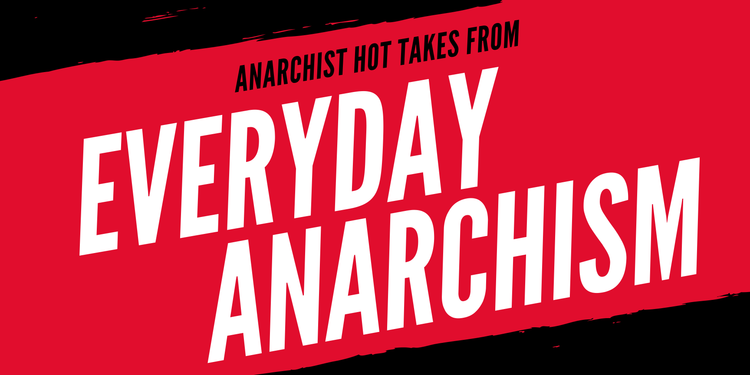The Glass Ceiling of Westeros
I had two girlboss topics when I started writing last week's Anarchist Hot Take, and I ended up just going with the real world version of it. Which, as expressed by corporate capitalist Benn Eifert, boiled down to "Sexism is bad, because it prevents hedge funds from being at their most efficient."
Now it's time for the fantasy version. As you might have heard, there's a new piece of content derived from the IP previously known as A Song of Ice and Fire and now usually called Game of Thrones. I tried to watch the show and found it completely unwatchable - tedious, unnecessarily violent, and bland. Whether or not it improves, I think I'm out.
But assuming that it is part of the monoculture, at least for a couple of weeks, it seems that the show has fallen for the exact same version of girl boss feminism that Benn Eifert did. The show, if you didn't watch it, opens with the choice of a new monarch of Westeros. The Targaryens, if you haven't heard, are maybe not the best choices for monarchs. They are external invaders who knitted a set of fractious lands into a single kingdom, thereby creating a Pax Targaryen that seems to have brought some form of stability to Westeros, at the cost of lives and with a future of even greater instability. But since they are the rulers, we should at least hope for the best possible ruler, right?
Alas, although the 21st century technocrats watching the show are hoping for the best candidate from the available pool to become tyrant-administrator, the Targaryens missed the EEOC memo. Due to sexism (or patriarchy or misogyny - choose your own term), the ruling king does not choose his oldest heir, Rhaenys, to be the next monarch. He chooses instead Viserys, his oldest male heir.
And, as the show is desperate to show us, this is a mistake. Not because Rhaenys should be queen - we learn literally nothing about her except that she would be next in line for the throne if she were a dude. But, since Viserys does become king, we learn about him. And what we learn is that Viserys is what Benn Eifert would call a bottom percentile performing man.
This is a trap. The heroine of the show is Viserys' daughter, Rhaenyra. And the show wants us on her side. And the show knows its audience - not "everyone," as the monoculture implies, but everyone who is anyone, all meritocrats, everyone who knows that the way to show yourself to be enlightened is to watch HBO, dating all the way back to The Sopranos and The Wire.
And for meritocrats, the heroes are not going to be people who want to tear the system down and turn in it over to the people. That would be anarchy! Instead, what meritocrats want is representation - a black lord on the small council that rules the kingdom and a woman from the ruling regime on the throne. The pilot of House of the Dragon is basically a retelling of the 2016 election, except the man who ends up in power, Viserys, is more George W. Bush than Donald Trump. As with Hillary Clinton, we learn nothing about Rhaenys except that she's a woman and it's her turn. In Game of Thrones, you can even imagine the reactionary religious peasant group that occupies the capital city as a version of Occupy Wall Street. Thank goodness that Lord Bloomberg merely dispered Occupy with bludgeons and tear gas, not dragonfire.
All of these parallels are simply to say that although House of the Dragon, like Game of Thrones before it, is a fantasy, the meritocratic imagination can only fantasize so far. The world's problems, in the meritocratic view, stem from anything that prevents the best and the brightest from expressing their talents in the ruling institutions. Whether those institutions are small councils or hedge funds, monarchies or presidencies, dragon saddles or the nuclear football, the problem remains the same: how to broaden the number of candidates so only the best, regardless of gender or race or orientation, get to viciously and ruthlessly enforce their solutions to the world's problems.




